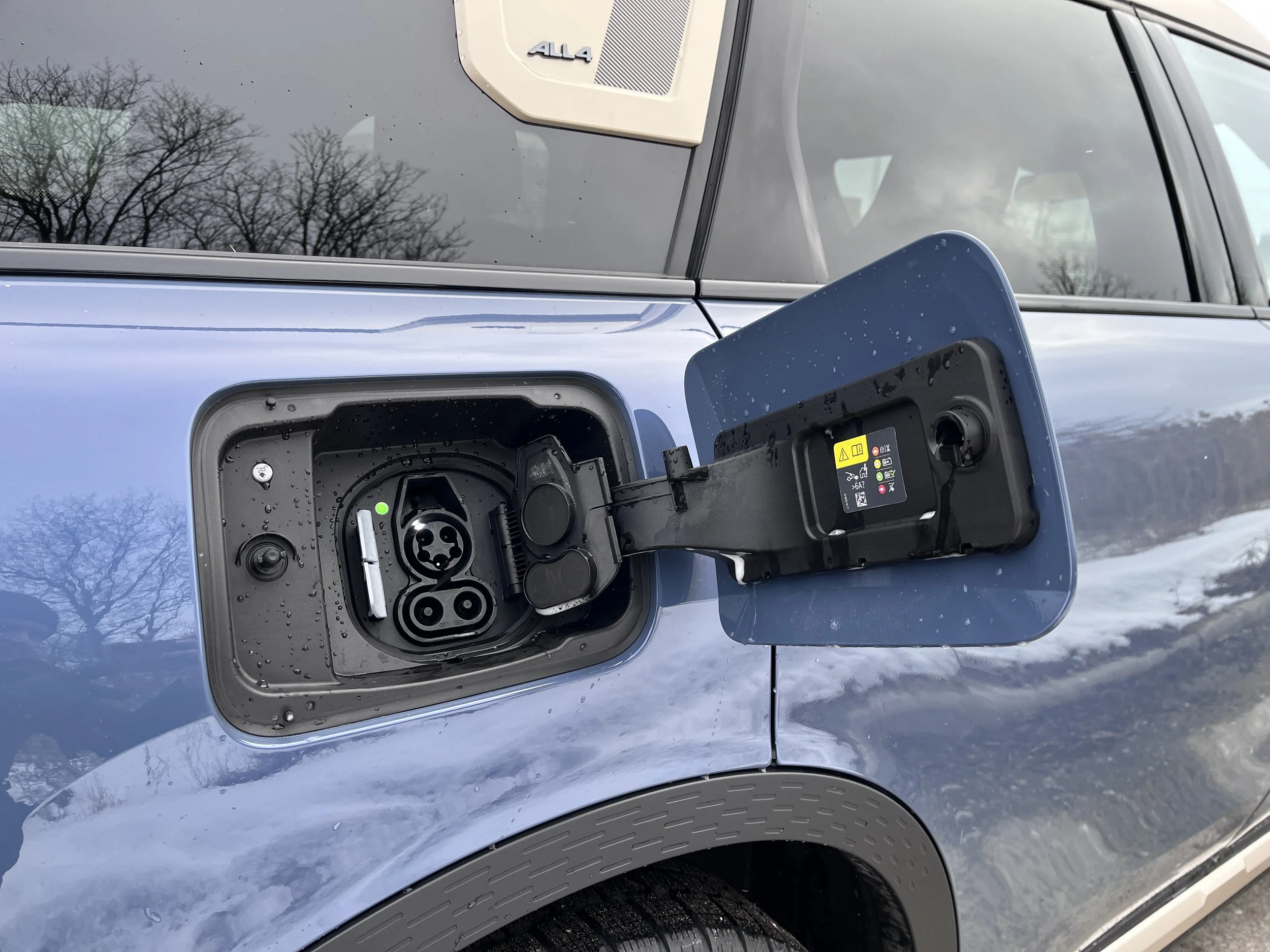Preparing For Your Next Water Adventure: 6 Helpful Tips
/When it comes to water adventures, there's no such thing as being too prepared. Here are six tips to help you get ready for your next aquatic escapade, whether you're whitewater rafting down a Class V river or kayaking through a serene stretch of coastline.
1. Choose the right gear
Make sure you have the proper equipment for your chosen activity. If you're unsure, ask a knowledgeable friend or visit a reputable outfitter.
For example, whitewater rafters will need a properly fitting life jacket, helmet, and wetsuit. Kayakers should invest in a paddle that's the right size and weight for them, as well as a spray skirt to keep water out of the cockpit.
You also need to know how to take proper care of your gear. Keeping your lifejackets clean and dry, for example, will help them work more effectively in the event of an emergency. There are online resources you can check out or click here to get a better understanding of how to keep your gear maintained. Plus, properly maintained gear will last longer, saving you money in the long run.
2. Get in shape
Water adventures can be physically demanding, so it's important to be in good physical condition before embarking on one. This doesn't mean you need to be a world-class athlete, but you should at least be able to swim a few laps without getting too winded.
If you're not used to being in the water, start by taking some beginner classes or lessons. This will help you get comfortable with the environment and build up your confidence.
For example, if you're planning on kayaking, sign up for a class at your local recreation center or join a kayaking club. These groups often offer beginner-friendly outings that are great for building skills and confidence.
3. Learn some basic safety skills
Before heading out on any type of water adventure, it's crucial that you know some basic safety skills. This includes things like how to properly wear a life jacket, how to signal for help if you're in trouble, and how to swim to safety if you capsize.
If you're not sure where to start, consider taking a water safety course from the American Red Cross or a similar organization. These courses will teach you everything you need to know to stay safe in the water.
Plus, many states require boaters to take a boater safety course before operating a vessel. Check your state's laws to see if this applies to you.
4. Make a float plan
A float plan is simply a document that outlines your plans for a particular outing. It should include things like who you're going with, where you're going, what time you'll be leaving, and what time you expect to return.
Making a float plan is especially important if you're going to be paddling solo or in a remote location. That way, if something goes wrong, someone will know where to find you.
For example, let's say you're planning to kayak around an island. In your float plan, you would include the island's name, your intended route, and an estimated return time. You would then give this float plan to a friend or family member, who can call for help if you don't return when expected. You can also find float plan templates online.
5. Check the weather forecast
Before heading out on any water adventure, it's important to check the local weather forecast. This will help you dress appropriately and plan for any potential hazards.
For example, if thunderstorms are in the forecast, you'll want to avoid paddling in exposed areas where you could be struck by lightning. If strong winds are expected, it might be best to stay close to shore or cancel your plans altogether.
6. Bring the essentials
When preparing for your next water adventure, make sure to pack full coverage swimwear that suits your style and needs.
No matter what type of water adventure you're planning, there are certain items you should always bring along. These include things like food and water, a first-aid kit, a flashlight, and extra clothes.
It's also a good idea to bring along a map of the area, even if you're familiar with it. That way, if you get lost, you'll have a better chance of finding your way back to safety.
Additionally, if you're paddling in a remote area, you should consider bringing a satellite phone or other means of communication in case of an emergency.
No matter what type of water adventure you're planning, it's important to be prepared. By following the tips we've outlined in this article, you'll have everything you need to make your outing a success. So get packing and get ready for some fun in the sun!












